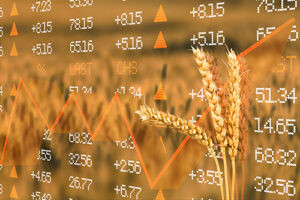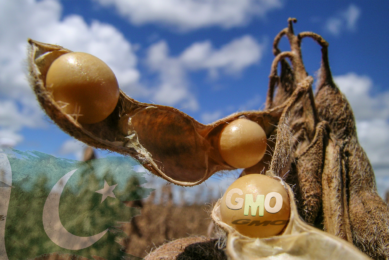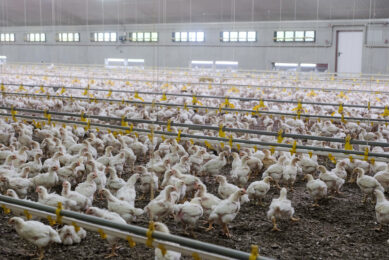Indonesia: Poultry industry crisis triggers feed market turbulence

Indonesian feed companies experience difficulties in selling their products since poultry farmers cull laying hens to avoid bearing increased costs, according to local sources.
The decline in the Indonesian poultry flock has had a profound impact on the demand for feed additives in the market, a local supplier informed news outlet Asian Agribiz. In the first quarter of 2024, poultry feed sales also took a nosedive, plummeting by nearly 30%.
Oversupply & soaring costs
The source revealed that the poultry industry is grappling with a perfect storm of oversupply and soaring costs, pushing many businesses perilously close to the breakeven point. He further explained that farmers breeding laying hens are resorting to early culling as a desperate measure to avoid the burden of expanded costs.
Things are not expected to improve at least until the second half of the year, the source claimed, citing a recent study by the Indonesian Poultry Breeders Association indicating that the oversupply of the day-old chicks was close to 576 million heads.
The oversupply is primarily attributed to waning demand in the egg market. Musbar Mesdi, Chairman of the National Layer Breeders Association, warned about the disparity between the rise in operational costs farmers have to bear and the state of the population’s purchasing power.
Expensive corn
Mesdi said that the main factor hurting businesses is the price of corn, which ranges between 8,000 and 8400 rupees ($0.5 – $0.52) per kg.
In the end, Mesdi, the ongoing feed industry crisis is a consequence of El Nino, and the corn prices clearly indicate that the government efforts to tackle this climate phenomenon essentially failed.
Since early 2024, Indonesian poultry farmers have seen a surge in feed costs, as drought in the country has significantly lowered the production of corn, the main poultry feed ingredient.
Switch from corn to wheat

Desianto Budi Utomo, General Chairman of the Joint Association of Animal Feed Companies, reported that skyrocketing feed prices forced feed manufacturers to switch from corn to wheat, the country primarily imports from the Black Sea region and Australia.
In 2023, the share of corn in animal feed production dropped to 38.3% from 45.7% compared with the previous year, the Association of Animal Feed Companies. The trend has likely continued into the first quarter of 2024.
Challenges meeting domestic feed demand
Poultry accounts for 65% of the average Indonesian customer’s animal poultry protein consumption. For a country of 275 million, this means that to meet the domestic demand, the country requires 16 million tons of corn per year. Utomo warned that some long-standing issues, like the lack of high-quality seeds and problems with agricultural industry mechanisation, would keep weighing on operations.











